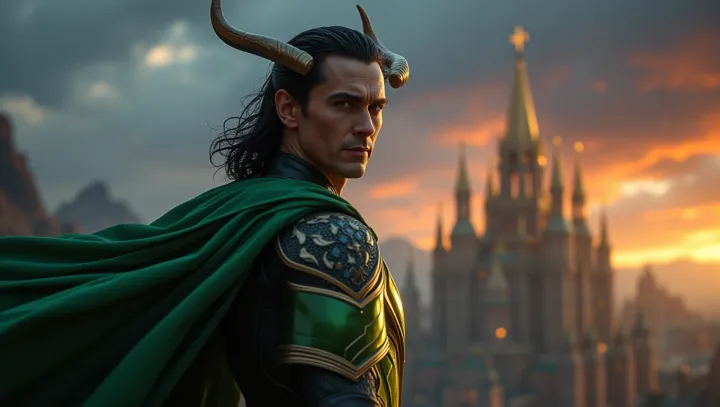Loki's Reign of Charisma

In the vast universe of Marvel superheroes and villains, few names resonate with the charm and complexity of Loki. Emerging from Asgard to the silver screens worldwide, Loki, portrayed by the talented Tom Hiddleston, has ingrained himself as a staple villain with an allure both defiant and irresistible. Coinciding with the surge of Marvel's cinematic influence, Loki's character is a testament to the power of nuanced portrayal.
The character's appeal lies not only in his mythological roots but in his embodiment of intelligence, wit, and a touch of rebellion. This is a far cry from conventional villainy, drawing a broader audience who appreciate depth beyond mere antagonism. Moreover, global audience engagement reveals a shifting preference towards characters that challenge traditional definitions of good and evil.
This trend underscores a societal movement towards complexity, mirroring the multi-dimensional narratives seen in current global issues. Loki's rising popularity marks a cultural moment where villains gain empathy and understanding. Experts assert that Loki's narrative arc, spanning several films and a dedicated series, has carved a niche where fans' allegiances extend beyond protagonists.
It seems fitting for a figure so deeply embedded in Norse mythology to spearhead such a transformation, making Loki a beloved villain who is here to stay.
